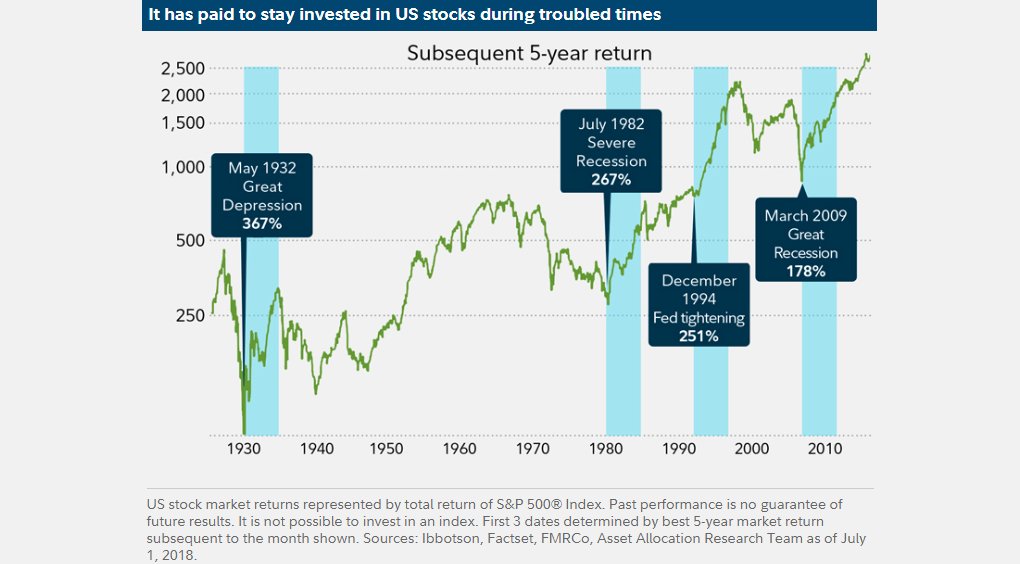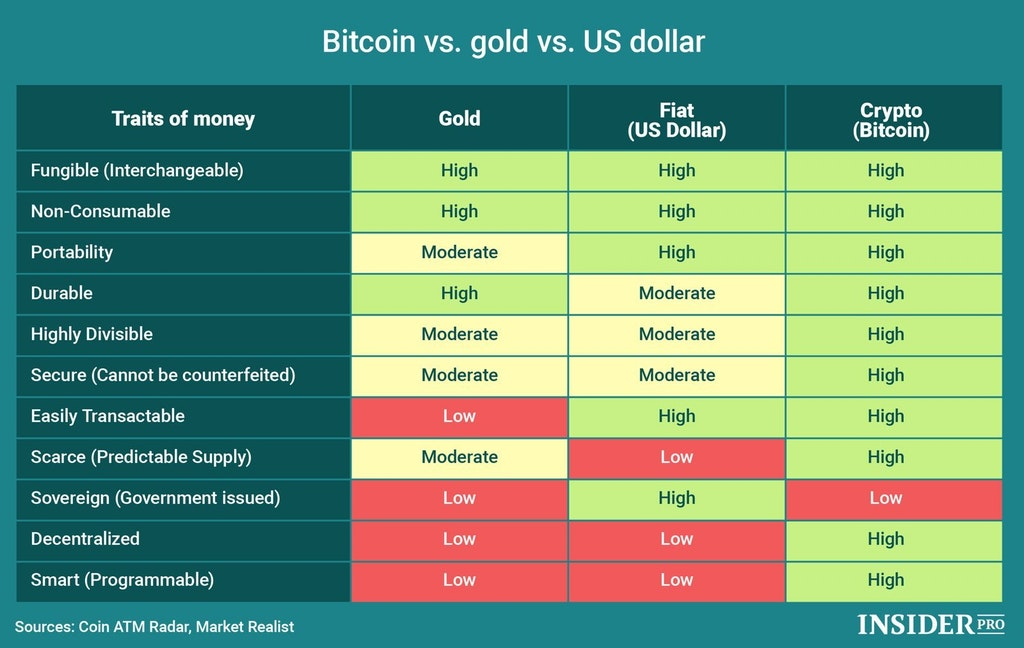 Exploring the concept of digital currency and its growing popularity.
Exploring the concept of digital currency and its growing popularity.
Digital currency, also known as cryptocurrency, has been making waves in recent years. With the rise of the internet, online transactions have become increasingly common, and digital currency has emerged as an alternative form of payment. While traditional currency relies on physical cash or bank transfers, digital currency operates entirely online. This article will delve into the concept of digital currency, its advantages, and its growing popularity among individuals and businesses worldwide.
One of the key features of digital currency is its decentralization. Unlike traditional currency, which is controlled by central banks and governments, digital currency operates on a peer-to-peer network. This means that transactions are verified by a network of computers, eliminating the need for intermediaries such as banks. This decentralization brings several advantages, including lower transaction fees and faster processing times. Additionally, digital currency transactions are secure and private, thanks to the use of advanced cryptography.
Another factor contributing to the growing popularity of digital currency is its potential for investment. Many digital currencies, such as Bitcoin and Ethereum, have experienced significant value appreciation over the years. This has attracted investors seeking to capitalize on the potential returns. Additionally, the limited supply of some digital currencies, such as Bitcoin, adds to their appeal as an investment asset. As a result, more individuals are turning to digital currency as an investment opportunity.
Furthermore, digital currency offers a convenient and accessible payment method in an increasingly digital world. With the proliferation of smartphones and online shopping, digital currency provides a seamless payment experience. It allows individuals to make transactions anytime, anywhere, without the need for physical cash or credit cards. Moreover, digital currency can facilitate cross-border transactions without the hassle of currency exchange rates or international banking fees. This convenience has made digital currency particularly attractive to businesses and individuals engaged in international trade.
The COVID-19 pandemic has also played a role in the surge of digital currency usage. As physical interactions and cash transactions became limited due to health concerns, digital currency emerged as a safer alternative. The pandemic has accelerated the shift towards a cashless society, further driving the adoption of digital currency. Moreover, the pandemic has highlighted the importance of financial resilience, leading individuals to explore new forms of currency that are not subject to government control or economic instability.
In conclusion, digital currency has gained significant traction in recent years due to its decentralization, investment potential, convenience, and the impact of the COVID-19 pandemic. As technology continues to advance and online transactions become the norm, digital currency is poised to revolutionize the way we conduct financial transactions. Whether it’s for investment purposes or everyday payments, digital currency offers a promising alternative to traditional forms of currency. With its growing popularity, it’s essential for individuals and businesses alike to understand and embrace the concept of digital currency to stay ahead in the ever-evolving digital landscape.
Digital currency, also known as cryptocurrency, has gained significant popularity in recent years. As more people become aware of its potential, the benefits of purchasing digital currency have become a topic of interest. In this article, we will discuss the advantages that come with investing in digital currencies.
One of the key benefits of purchasing digital currency is its potential for high returns on investment. Unlike traditional currencies or stocks, digital currencies have experienced significant value appreciation over time. Bitcoin, for instance, started at a low value but has seen remarkable growth, making early investors wealthy. By purchasing digital currency at the right time, investors can potentially earn substantial profits.
Another advantage of digital currency is its decentralized nature. Traditional currencies are controlled by governments and central banks, which can influence their value and impose restrictions. In contrast, digital currencies operate on a decentralized network called blockchain, which removes the need for intermediaries. This decentralized structure provides individuals with more control over their finances, eliminating the risk of government interference or inflation.
Digital currency also offers increased security and privacy. Transactions conducted with digital currencies are encrypted and stored on the blockchain, ensuring that they cannot be tampered with or altered. This level of security protects individuals from fraudulent activities and identity theft. Moreover, digital currency transactions do not require personal information, providing users with a higher level of privacy compared to traditional banking methods.
Purchasing digital currency also grants investors access to a global market. Traditional financial markets have limited operating hours, but digital currencies can be traded 24/7, allowing individuals to buy, sell, or trade at any time. This accessibility empowers investors to take advantage of market fluctuations and seize opportunities for profit, regardless of their geographic location.
Finally, digital currency transactions typically have lower fees compared to traditional banking methods. Traditional financial institutions often charge hefty fees for international transfers or currency exchange. With digital currencies, transactions are often faster and more cost-effective, as they eliminate the need for intermediaries and reduce processing times. This cost efficiency benefits individuals and businesses alike, especially in the global economy where cross-border transactions are common.
In conclusion, the benefits of purchasing digital currency are numerous. From the potential for high returns on investment to increased security, privacy, and accessibility, digital currencies offer individuals a new and exciting way to manage their finances. As the world becomes more digitized, investing in digital currency can be a wise decision for those seeking financial growth and independence.
Digital currency investments have gained significant popularity in recent years, attracting investors from all corners of the globe. As with any investment, it is crucial to understand the risks and challenges associated with digital currencies. While these investments offer exciting opportunities, potential pitfalls and uncertainties must also be considered. In this article, we will explore some of the key risks and challenges that investors may encounter when delving into the world of digital currency.
One of the primary risks associated with digital currency investments is their inherent volatility. Unlike traditional currencies, digital currencies are highly volatile and can experience extreme price fluctuations within short periods. This volatility stems from factors such as market demand, regulatory changes, and technological advancements. Investors must be prepared for the possibility of sudden and significant price drops, which could result in substantial financial losses if not managed effectively.
Another risk to consider is the potential for fraud and scams within the digital currency space. Cryptocurrency markets are still relatively unregulated in many jurisdictions, making them susceptible to fraudulent activities. Scammers can exploit unsuspecting investors through phishing attacks, Ponzi schemes, or by creating fake digital currencies. It is crucial for investors to conduct thorough research and ensure they are using reputable platforms and exchanges to mitigate the risk of falling victim to these scams.
Liquidity is also an essential factor to consider when investing in digital currencies. Certain cryptocurrencies may have limited liquidity, making it challenging to buy or sell large quantities without significantly impacting the market price. Illiquid markets can lead to price manipulation, as large orders can cause significant price swings. Investors should carefully assess the liquidity of the digital currencies they are considering and be prepared for potential difficulties when trading in illiquid markets.
Regulatory uncertainty poses another significant challenge for digital currency investors. As governments and regulatory bodies worldwide grapple with the proliferation of cryptocurrencies, regulations are constantly evolving. This uncertainty can create a sense of instability and unpredictability within the market, as regulatory changes can impact the value and legality of digital currencies. Investors should stay informed about the regulatory landscape and be prepared to adjust their investment strategies accordingly.
Lastly, cybersecurity risks are a pressing concern in the digital currency space. The decentralized nature of cryptocurrencies makes them attractive targets for hackers and cybercriminals. Investors must take proactive measures to secure their digital assets, such as using strong passwords, implementing two-factor authentication, and storing funds in offline wallets. Failing to prioritize cybersecurity can result in the loss of investments due to hacking or theft.
In conclusion, while digital currency investments offer exciting prospects, they also come with risks and challenges that must not be overlooked. Understanding the inherent volatility, being wary of fraudulent activities, assessing liquidity, staying informed about regulations, and prioritizing cybersecurity are all crucial steps for investors to safeguard their investments. By doing so, investors can navigate the digital currency landscape with confidence and potentially reap the rewards of this burgeoning asset class.
Factors to Consider before Purchasing Digital Currency
In recent years, the world of finance has witnessed a significant shift towards digital currencies. As more people explore the potential of these virtual assets, it is crucial to understand the factors to consider before diving into the world of digital currency. Whether you are looking to invest or simply use digital currencies for transactions, here are some important considerations that can help you make informed decisions.
Market volatility is a key factor to keep in mind when considering digital currency investments. Unlike traditional forms of currency, digital assets are notorious for their price fluctuations. The value of cryptocurrencies can rise and fall dramatically within short periods, making them highly volatile. It is essential to carefully analyze the market trends and potential risks associated with various digital currencies before investing your hard-earned money. Conduct thorough research, consult with experienced traders, and consider investing only what you can afford to lose.
Another vital aspect to consider is the regulatory environment surrounding digital currencies. While some countries have embraced virtual assets and established clear regulations, others remain skeptical or have imposed strict restrictions. Understanding the laws and regulations that govern digital currencies in your jurisdiction is crucial to protect yourself from legal complications and safeguard your investments. Stay updated with the latest regulatory developments to make informed decisions and ensure compliance with the law.
Security measures are paramount when dealing with digital currencies. As cryptocurrencies are often stored in digital wallets, protecting your funds from potential hacks and fraud becomes imperative. Opt for reputable cryptocurrency exchanges and wallets that prioritize robust security measures, such as two-factor authentication, encryption, and cold storage options. Research the track record of the platforms you choose and consider user reviews to gauge their reliability. Additionally, educate yourself on best practices for securing your digital assets, such as keeping your private keys offline and utilizing hardware wallets for added protection.
The technology underlying digital currencies is blockchain, a decentralized and transparent ledger system. Familiarize yourself with the basics of blockchain technology to gain a better understanding of how digital currencies operate. Blockchain offers increased security, immutability, and efficiency, making it a key component of digital currencies. Being aware of the fundamental concepts of blockchain can help you grasp the potential and limitations of digital currencies, empowering you to make informed investment decisions.
Lastly, consider the liquidity and acceptance of digital currencies in the market. While major cryptocurrencies like Bitcoin and Ethereum enjoy widespread acceptance, other digital currencies may have limited utility or face challenges in gaining wider adoption. Assess the liquidity of the digital currency you intend to invest in and evaluate its acceptance by merchants and businesses. The broader the acceptance and usage, the more likely the currency will retain its value and provide opportunities for usability.
In conclusion, before venturing into the world of digital currency, it is essential to carefully consider various factors. Market volatility, regulatory environment, security measures, understanding blockchain technology, and assessing liquidity and acceptance are all crucial aspects to evaluate. By conducting thorough research, seeking expert advice, and staying updated with the ever-evolving landscape of digital currencies, you can make informed decisions and mitigate potential risks. Remember to exercise caution and only invest what you can afford to lose, as the world of digital currencies continues to evolve and mature.
In conclusion, purchasing digital currency can be a beneficial and lucrative investment option. This article has explored the key points to consider and provided a balanced perspective on the matter.
Firstly, digital currency offers a decentralized and secure way of conducting financial transactions. With cryptocurrencies such as Bitcoin, the technology behind it, known as blockchain, ensures that each transaction is recorded and verified by multiple parties. This transparency and immutability make it nearly impossible for fraudulent activities to occur. Additionally, digital currencies eliminate the need for intermediaries like banks, reducing transaction fees and increasing efficiency.
Secondly, digital currencies have the potential for significant price appreciation. Bitcoin, for example, has witnessed exponential growth over the past decade. Early investors have seen their investments multiply several times over, making digital currency an attractive option for those seeking high returns. However, it is vital to note that the value of digital currencies is highly volatile and can fluctuate drastically in a short period. Investors must be prepared for this level of volatility and have a long-term investment strategy in place.
On the flip side, there are risks associated with purchasing digital currency. The decentralized nature of cryptocurrencies means that they are not regulated by any central authority. While this can be seen as a positive aspect, it also means that digital currencies are susceptible to market manipulation and scams. Investors must exercise caution and conduct thorough research before investing in any digital currency. Moreover, the lack of regulation also makes it challenging to resolve disputes or recover lost funds in case of theft or fraud.
Furthermore, the technological aspect of digital currencies can present obstacles for some individuals. Not everyone is proficient in using digital wallets or understanding the intricacies of blockchain technology. This steep learning curve may discourage potential investors from entering the digital currency space. Education and awareness about digital currencies are crucial to ensure that individuals can make informed decisions.
In conclusion, purchasing digital currency can be a rewarding investment option, but it comes with risks that should not be overlooked. The decentralized and secure nature of digital currencies, coupled with their potential for significant price appreciation, make them enticing to investors. However, the lack of regulation and the steep learning curve associated with cryptocurrencies are factors that cannot be ignored. It is essential to approach digital currency investments with caution, conduct thorough research, and only invest what one can afford to lose. Ultimately, the decision to purchase digital currency should align with one’s financial goals, risk tolerance, and understanding of the technology behind it.



